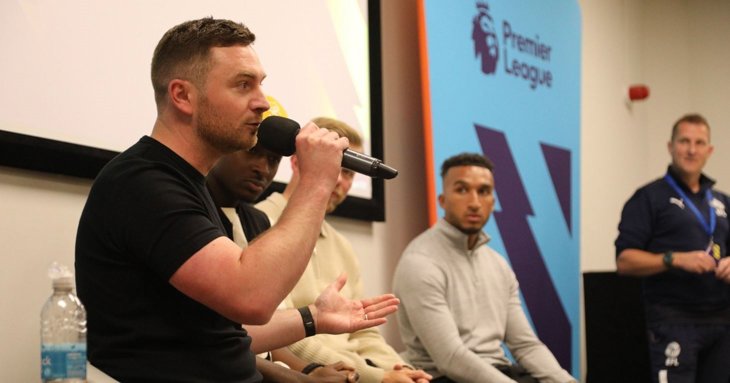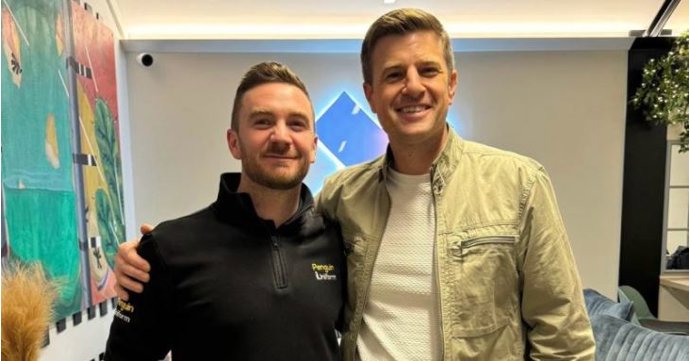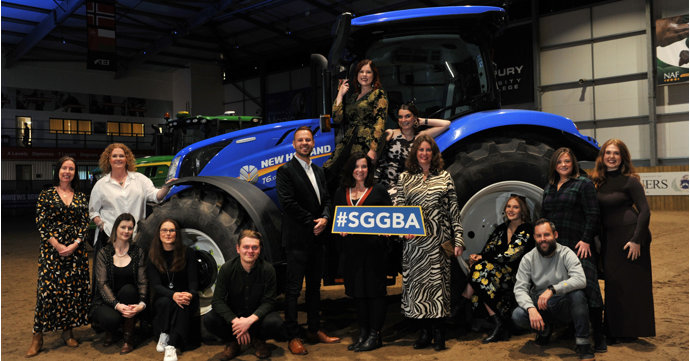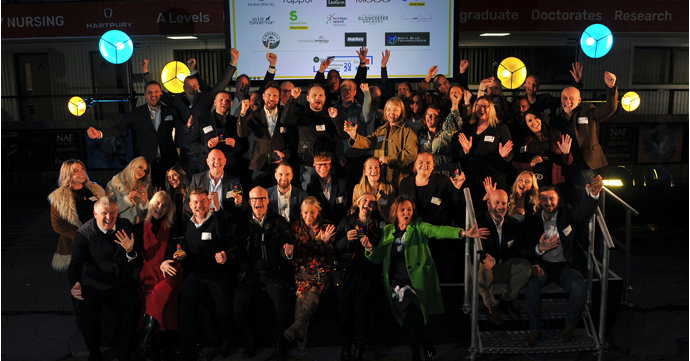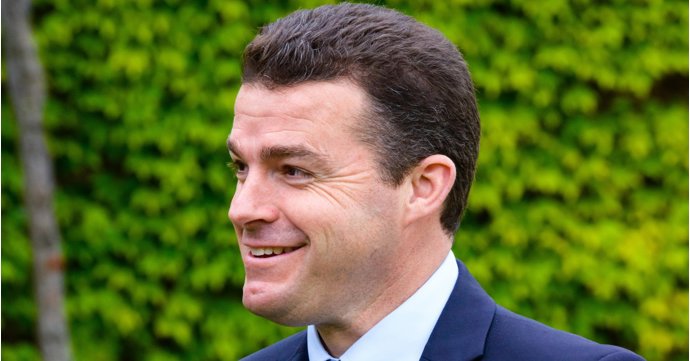From mastering social media to navigating a global pandemic, taking sole ownership of his business four years ago was a life-changing move for Jared Wilson, owner of Cotswolds-based workwear firm Penguin Uniform.
Jared sits down with SoGlos to share his experiences and advice for anyone starting out, with advice on everything from building inner resilience and making gutsy decisions to striving for quality and consistency.
Jared, tell us the reasons why you decided to start your own business.
The reason I set up the business initially as a partnership was because as I was working for somebody in their business, I immediately got a taste of what it might be like to have something of your own.
I didn't have any goals as such in terms of size and where I wanted to go, I just knew that the thought of having my own business excited me and ultimately would help me achieve some of my life goals, in terms of freedom and freedom of time, above anything else.
I guess all business owners can relate to this, but I knew that I wasn't cut out to be led, or work under some form of stewardship.
I'm ambitious, I'm a bit of a go getter, I get the work done — and not being able to do that at my pace was always going to become a problem if I was working for somebody.
Working for yourself and having your own business gives you that ability to move as fast, slow, or in any direction you like, knowing you're in control of that.
What barriers did you have to overcome in the very beginning?
I was already running the day-to-day of my partner’s business. One of the first challenges was understanding how to relinquish my responsibility in my existing role and move on together into a new business, which is the whole reason that it fell down after three years.
I realised that my own business wasn't being controlled in a way that I wanted in terms of the speed of operation or how quickly we lifted off the ground, because I never pushed myself hard enough to get out of that other business and start focusing on this one.
After a disagreement on business direction, we agreed that as of 2020 I would take sole ownership and of course within three months, we were hit by the Covid-19 pandemic. I don't think — and I wouldn't want to think — that there could be many tougher challenges when starting a business.
Being forced to shut your doors and not be able to take on any business or trade, or generate any income, was obviously a big challenge.
At the same time, raising capital was tough in the early days because it was a juvenile business that needed cash, machinery and growth opportunity. But at a time when your doors are closed, that was very difficult and I'm very grateful for the loans that were available to small businesses to keep them going.
How did you establish Penguin as a key player within the sectors you serve?
In 2020, I read a book called Your First Million, which referenced posting on social media on a regular basis. So I started by making sure that I posted once on social media every single day.
It would be mixed content, with work that we'd produced, the machinery, motivational quotes etc. I then started to produce short videos for customers so they could see their products being decorated, from the machines to completion. At a time when the world was either closed or in the early stages of reawakening from the pandemic, that got us traction.
I believe the reason that Penguin has grown at the rate it has is the customer service level and the quality of work, which go hand in hand.
We established some really strong internal processes which keep us on track and enable us to be nimble should we require a speedier turn around.
We’re very consistent in the quality of our work, all of our machinery uses the latest technology — we try and stay ahead of the game in terms of what is advancing to maintain the quality of our product.
At the same time, I’m a big advocate for just doing what you say you're going to do. It's something that I've had ingrained in me. If I say I'm going to call at three, I call at three. If I say you're going to get a quote by the end of the day, you get a quote by the end of the day.
And that works.
What would you do differently if you had your time again?
First and foremost, as much as I learned from the partnership failure, that would be the sole thing I would have done differently from the start. It was emotionally, mentally and financially tough.
I'd have probably spoken to more people that have had partnerships in the past, both good and bad, because I can count on one hand how many I know that are good and I've lost count of how many that turn bad.
That would have probably helped educate me on my decision at that point.
Then since 2020, if I could change anything, it would probably be to move even faster. There were times early post-Covid where I could have made some gutsy decisions a bit quicker.
There were unknowns for everybody — were we going to return to our former best? Were we going to return to a shop with an office? We just didn't know. That's probably more of a hindsight thing, seeing where we are now and how we could have got here faster.
I'm obviously really pleased with the progress the company has made in four years from effectively start-up to where we are today.
Fear of failure, both professionally and financially, might put people off starting a business – what advice would you give to anyone considering it?
I completely agree and understand. I remember when I made the decision that I needed to go it alone and set up my own company. At the time, I was just ambitious and hungry and wanted to go for it. I didn't actually let fear of failure or finance come into the equation.
An inner self belief is what kept those fears at bay. I believed in myself that I could make it work — by hook or crook I would do that.
I think my background was a factor in that — I was a professional footballer until the age of 21. You don't want to say it was a failed footballing career, but it was. It ended at 21, admittedly a few injuries late on that caused that. But long story short is ‘yeah, he was a professional footballer but didn't quite make it’.
So I think the failure of losing football has without doubt given me resilience that has allowed me to overcome various challenges, without letting fear get in the way.


